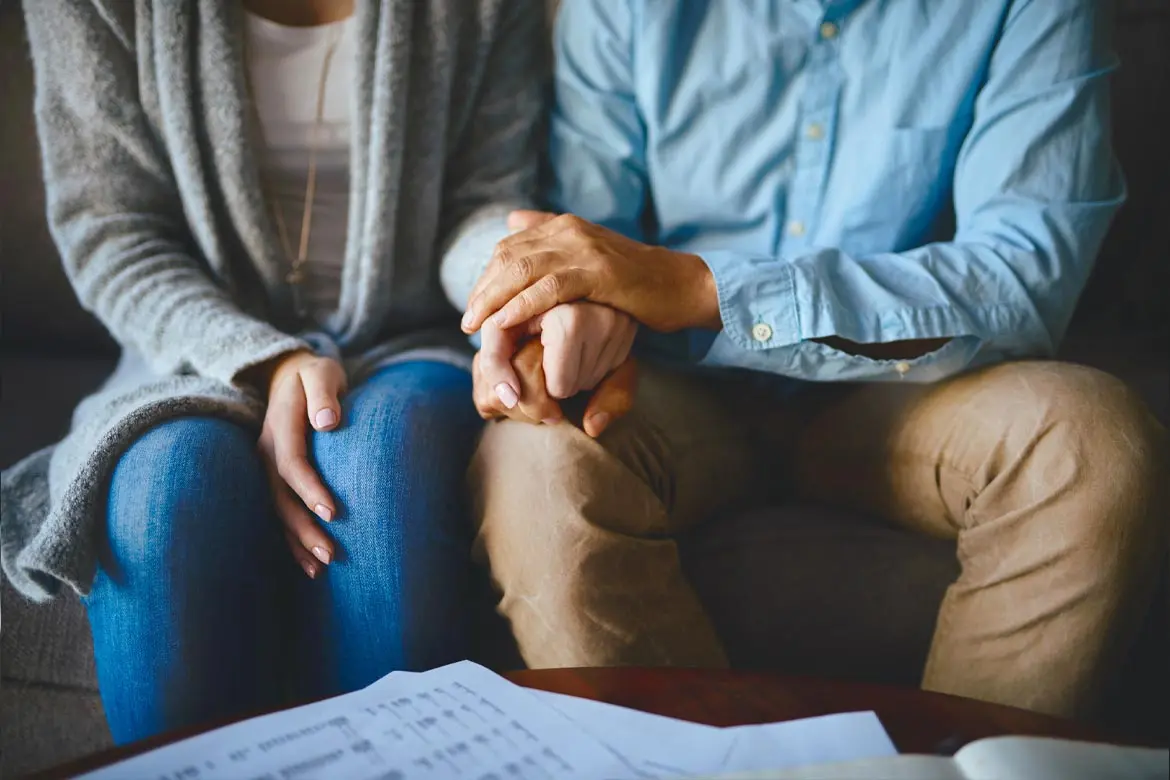Joy Marie Lim
Medical Advisor


Source: Getty Images
Medical Advisor
Many of us have or will someday face the pain of losing our loved ones – and in recent times, many have lost family and friends to the COVID-19 pandemic. During such times, it is important to be aware of the importance of keeping one’s mental and physical well-being in check. Read on as we shed light on how grief affects our physical and mental health, and tips for coping with grief.
Mourning a loved one can be a tiring process just from a logistical perspective: there are often extra tasks that need to be undertaken, which can take a physical and emotional toll. We may feel tired more easily and lack the energy we normally have. During such times, we need to make an extra effort to keep our strength and energy up. Be aware of limitations and avoid overcommitting to too many things. It is also helpful to prioritise time for regular exercise, a healthy diet, a good sleep schedule and time to connect with other loved ones.
The feelings that stem from losing a loved one can keep us from getting adequate and restful sleep, which our minds and bodies need to recharge. When we are grieving, we may find that we have trouble falling asleep, and even when we do, we may wake up more often. Sometimes, our bodies may overcompensate by sleeping too much.
To keep a regular sleep schedule, try winding down slowly before bed by doing something calming, such as meditating, reading a book, or simple breathing exercises. Set a schedule where you go to sleep and wake up at the same time every day.
Loss can make us feel like we lack control over our lives, and together with other stresses and responsibilities in life, it can get overwhelming. This can lead to long-term effects that affect our everyday activities, such as our mindsets, work, family responsibilities and interaction with others. While some form of worry is natural, you should be concerned when your anxiety gets in the way of your daily life in significant ways, or if it lasts for more than a few months. Should that happen, know that it is alright to seek help from a healthcare professional.
Grief can also affect gut health. Contributing factors include: not maintaining a regular diet, eating too little, or binge-eating. Biological processes can also play a part – for example, stress hormones can cause nausea. You may experience gut-related issues such as indigestion, cramps, diarrhoea, or irritable bowel syndrome. Do watch your diet and make a conscious effort to eat at regular times and make healthy food choices. If the issues do not go away, seek medical help.
Stress hormones released as a response to grief can upset the immune system, which makes you more vulnerable to falling ill and catching common infections. Your body can cope with this in the short term, but if it goes on for too long it is important to seek help from a doctor. Things you can do to boost immunity include: eating a diet high in fresh fruits and vegetables that are rich in vitamins, getting out in the fresh air and sunshine to exercise, and getting good quality sleep.
For some of us, the shock and stress of bereavement may even bring about a heart attack. This is because stress can increase blood pressure and heart rate, raise levels of the stress hormone cortisol, constrict blood vessels and more. These health risks can be further exacerbated by unhealthy sleep, exercise and eating habits.
The best strategy to avoid all these is to optimise your heart health for a start. Check your blood pressure and cholesterol levels regularly, maintain a healthy weight, avoid smoking, have a steady exercise regimen and make healthy food choices. While some medical conditions are asymptomatic and you may not be aware that it’s affecting your health until a later stage, regular health screening can help with detecting problems early, so you can receive the necessary treatment before the condition progresses.
It is natural to cry – it can be an avenue for you to let go of your sadness, anger or confusion. At the same time, take the time to reminisce about positive memories about your loved one.
Being on the move – even if it’s going for a short walk – can help to ease some of the emotions from your grief. Consider new ways to keep up with your everyday activities and responsibilities or even find new interests. You can also get a friend to join you!
It can be easy to overlook your general health when grieving, and you may find yourself skipping meals, sleep, medications or doctor visits. Try to keep regular tabs on your health – for example, you can set a schedule for taking medication, checking your blood pressure, or going for medical appointments.
Grief is part and parcel of life. There is often no need to seek urgent medical attention. However, don’t hesitate to seek help if you feel overwhelmed, whether it’s from a trusted loved one, counselling hotline, therapist or psychiatrist.